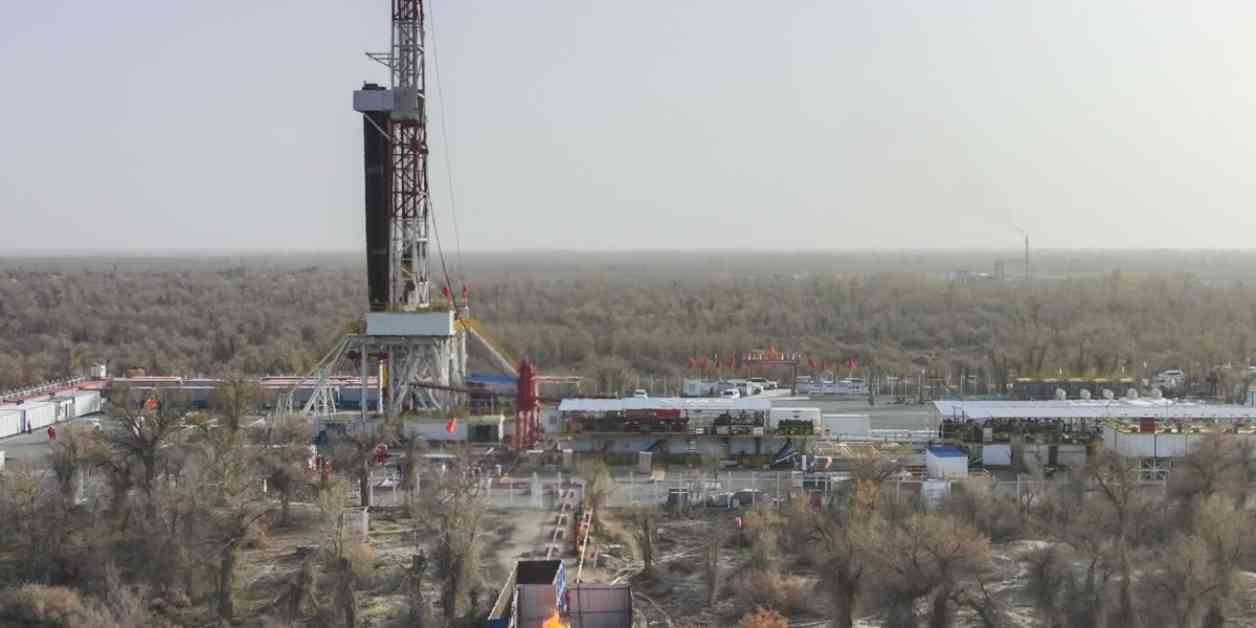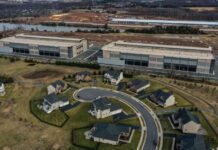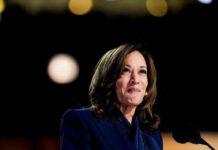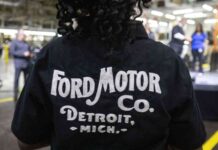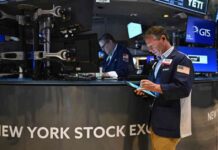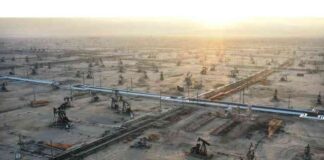A shocking revelation has come to light in the world of emissions reduction projects in China, as a German Shell whistleblower has exposed a multi-billion dollar fraud involving a supposed oilfield that turned out to be a chicken farm. The whistleblower, Zoltan Elek, CEO of Landwärme, a biomethane supplier to major oil and gas firms, uncovered this deception that has sent shockwaves through the industry.
The Alleged Fraud Uncovered
Elek flagged the complaint about the fake oilfield to Shell’s internal whistleblower site in January, sparking an investigation into the alleged scheme. He revealed that several biomethane suppliers who had partnered with oil and gas companies on Upstream Emission Reduction (UER) credit schemes had uncovered numerous falsified projects, putting German regulators, auditors, and companies like Shell in the spotlight.
According to Elek, a Chinese whistleblower had discovered multiple false sites in September, including the chicken farm masquerading as an oilfield. The deception was so well-crafted that only by scrutinizing details like geo-coordinates could the ruse be uncovered. Elek described the situation as akin to someone trying to generate CO2 certificates with a windmill they did not own, simply by taking a picture of a windmill in the countryside.
The Fallout from the Fraud
The repercussions of the alleged fraud have been significant, with the prices of carbon credits from China plummeting by about 80% on the open market. Elek’s company, Landwärme, has declared itself insolvent as Germany grapples with the potential $5 billion fraud that has rocked the industry. The scandal has raised serious questions about the integrity of carbon reduction projects and the safeguards in place to prevent such fraudulent activities.
Germany’s UER push, aimed at achieving carbon emissions reductions for petrol, diesel, and gas before they reach the refinery or storage stage, has now turned sour. The country’s Federal Environment Agency has suspended a senior employee responsible for approving UER projects, and all UER projects in China have been halted, with no new projects being accepted anywhere.
Shell’s Response and Due Diligence
In response to the allegations, a representative for Shell stated that the company always acts in accordance with relevant laws and regulations. They emphasized that before certificates from UER projects are accepted, the project activities are thoroughly checked by authorities. Shell also conducts its own due diligence on a voluntary basis and fully supports any inspections by German authorities.
Elek, however, has raised doubts about Shell’s due diligence process, questioning how the company could have invested in fraudulent projects without detecting the deception. German prosecutors are currently investigating auditors and creditors of the project, but there have been no allegations of wrongdoing on Shell’s part.
The Future of UER Projects and Sustainable Fuel Suppliers
The scandal has cast a shadow over the future of UER projects and sustainable fuel suppliers in Germany. With the suspension of UER projects in China and the halt on new projects, companies working on genuine oilfields are facing uncertainty. Elek expressed concerns that shutting down all UER projects could lead to further insolvencies, impacting the industry as a whole.
As the investigation into the alleged fraud continues, the German authorities are under pressure to address the issue and prevent similar incidents in the future. The scandal serves as a stark reminder of the risks and challenges associated with carbon reduction projects and the importance of robust oversight and accountability in the industry.
Implications for the Industry
The exposure of the alleged fraud in the UER projects has sent shockwaves through the oil and gas industry, raising questions about the reliability and credibility of carbon reduction schemes. Companies that have relied on these projects to offset their emissions are now facing scrutiny and uncertainty about the validity of their efforts.
Lessons Learned
The scandal serves as a cautionary tale for companies engaging in emissions reduction projects, highlighting the importance of thorough due diligence and oversight. It underscores the need for transparency, accountability, and integrity in environmental initiatives to ensure the credibility of carbon reduction efforts.
Looking Ahead
As the investigation into the alleged fraud unfolds, the industry will be closely watching to see how regulators and companies respond to the revelations. The incident has exposed vulnerabilities in the system and underscored the need for stronger safeguards to prevent fraudulent activities in carbon reduction projects. It is a pivotal moment for the industry to reassess its practices and ensure the integrity of emissions reduction initiatives moving forward.

